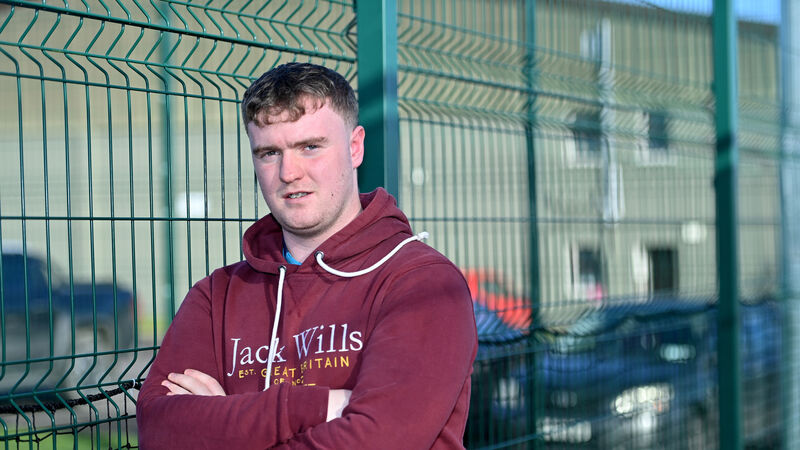Growing up in Ireland: Home truths for today's twenty-somethings

Patrick McGrath: 'The price of renting or trying to buy a house is not feasible.' Picture: Dan Linehan
Try from €1.50 / week
SUBSCRIBEAge 25 in Ireland — chances are you’re living at home and that owning a place of your own is a distant dream, but you’re working hard to make it a reality.
The latest Growing Up in Ireland survey paints a detailed picture of the lives of 25-year-olds from the central survey themes of physical health, wellbeing and key relationships, education, civic participation, and economic participation.
Already a subscriber? Sign in
You have reached your article limit.
Annual €130 €80
Best value
Monthly €12€6 / month
Introductory offers for new customers. Annual billed once for first year. Renews at €130. Monthly initial discount (first 3 months) billed monthly, then €12 a month. Ts&Cs apply.
CONNECT WITH US TODAY
Be the first to know the latest news and updates
Newsletter
Keep up with stories of the day with our lunchtime news wrap and important breaking news alerts.

Select your favourite newsletters and get the best of Irish Examiner delivered to your inbox
Tuesday, February 10, 2026 - 12:00 PM
Tuesday, February 10, 2026 - 10:00 AM
Tuesday, February 10, 2026 - 12:00 PM
© Examiner Echo Group Limited